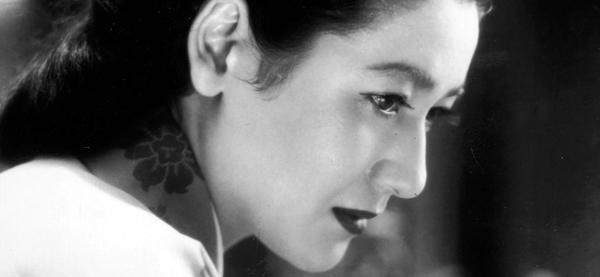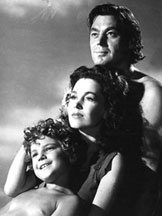Here’s a fond farewell to actress Gloria DeHaven, who passed away this weekend just a few days after her 91st birthday. There aren’t many stars still with us who debuted in pictures as far back as 1936, as she did. Here are 10 GDH Did-You-Knows:
- DeHaven’s first film appearance was at age 11 in Charlie Chaplin‘s Modern Times.
- During her film career, she dabbled in a number of genres, from romantic comedy to film noir, but she was best known for her work in musicals.
- In the film Three Little Words (1950), DeHaven played the role of her own mother, actress Flora Parker DeHaven.
- She was the recipient of Frank Sinatra‘s first screen kiss, in Step Lively (1944).
- In addition to her film career, DeHaven worked in nightclubs and the theater, and she would go on to enjoy a long and successful career on television.
- Early in her career, she was a girl singer with the orchestras of Jan Savitt and Bob Crosby.
- She was a regular on two popular soap operas—Ryan’s Hope and As the World Turns—and one takeoff on soaps, Mary Hartman, Mary Hartman.
- In 1975, DeHaven appeared as a panelist on five episodes of The Match Game.
- Her Broadway debut came in the 1955 musical adaptation of Seventh Heaven.
- DeHaven was married four times to three different men, and had two children each with two of them.
Godspeed and rest in peace, Gloria DeHaven…












